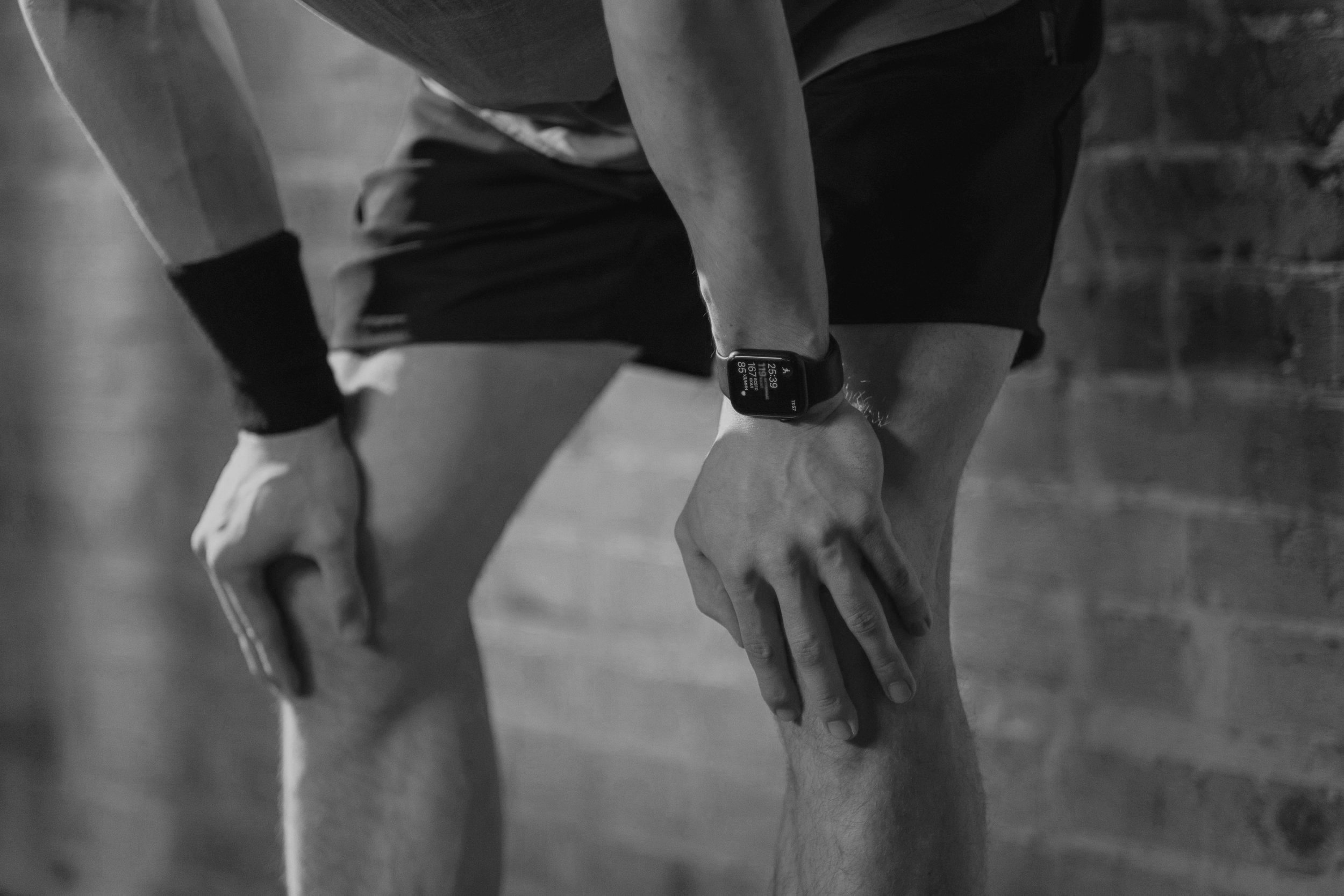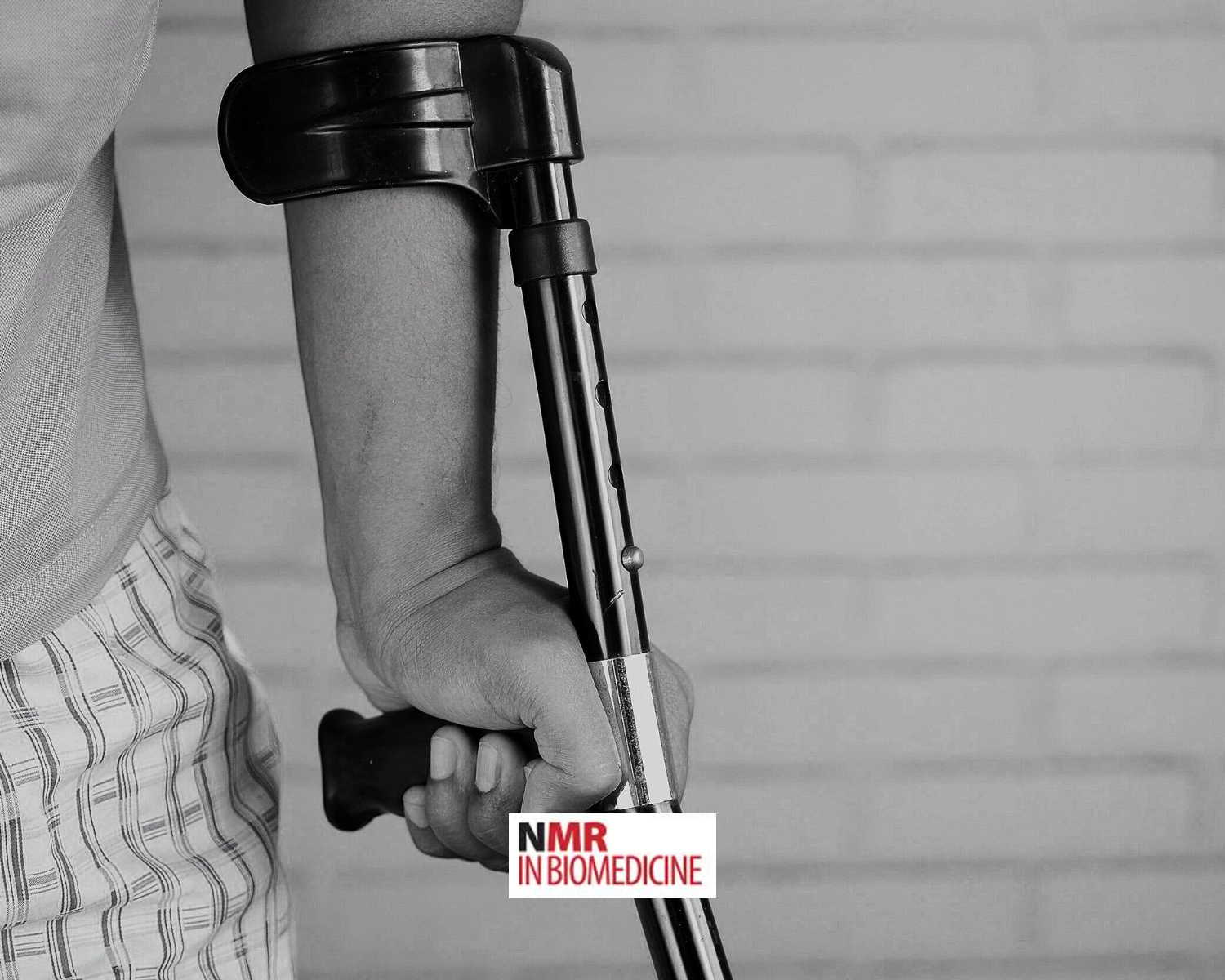
Explore our scientific studies
We offer evidence-based answers to common questions about the effects of exercise on joint health, by applying medical research techniques on a significant scale.
Below you’ll find summaries of all our completed studies, encompassing knees, hips, spine; activities that include running, walking and cycling, and a broad range of participants in terms of age, gender, outlook and fitness. Each summary gives you a simple overview, with a link to the published scientific paper.
What do levels of muscle fat tell us about muscle health?
With this study we wanted to test the idea that the amount of fat in your muscles can be a good indicator of muscle, hip and general health.. We compared different groups, ranging from the healthy and active to those who were inactive and suffering from hip pain.
Can muscle fat levels predict future hip problems?
By looking at a range of different measures, we’ve been able to set benchmarks for exactly how much fat to expect in the gluteal muscles of healthy individuals, and the critical levels that could indicate future problems such as hip disease or sarcopenia.
How does running your first marathon affect your spine?
Our first study of the spine was based on the 2019 Richmond Marathon. We wanted to better understand the impact of long-distance running on runners’ lumbar spines, by assessing changes before and after their first marathon.
What effect does running your first marathon have on your hips?
This study, based on the 2019 Richmond Marathon, was the first to focus on MRI of the hips of marathoners. 28 runners participated – all first-time marathoners in their 30s, with no known hip injuries.
Does ultra-marathon running damage your hips?
This collaborative study analysed the hip joints of inactive non-runners, moderately active runners and highly active runners. Our findings suggest that regular distance running does not cause additional damage to runners’ hip joints.
How common is knee damage among middle-aged non-runners?
Our second knee study looked at non-runners with no apparent symptoms of knee damage. We found evidence of knee abnormalities in more than 97% of the group.
What happens to marathon runners’ knees in the long term?
This study, based on 2018 London Marathon runners, found that knee health continues to improve after a marathon, suggesting that running may help reduce the chance of osteoarthritis in the long term.
Can distance running be good for your knees?
Our first knee study, based on the 2018 London Marathon, found evidence to suggest that training for and running a marathon rebuilds the health of middle-age knees, although it can also erode one vulnerable part of the knee if you’re not careful.









